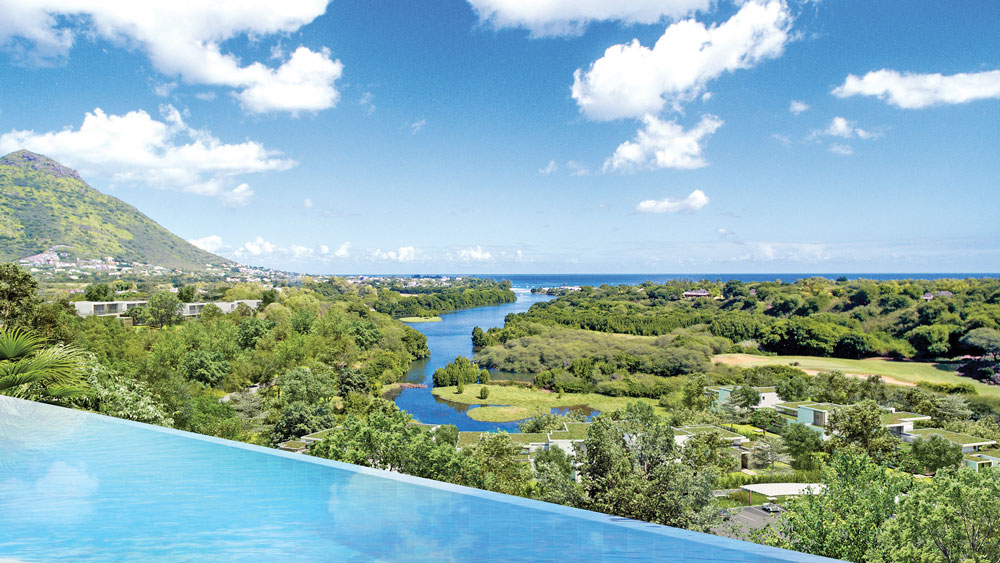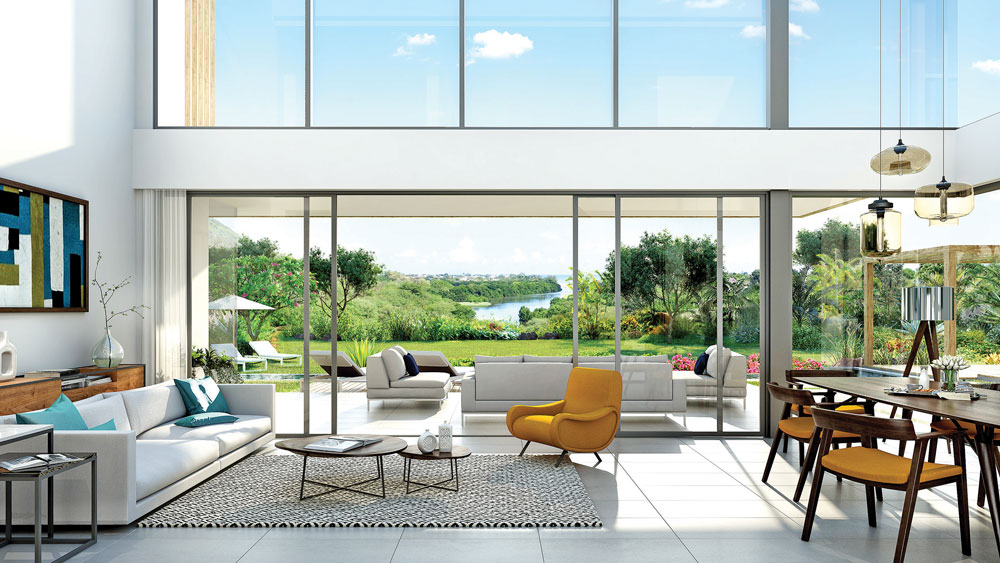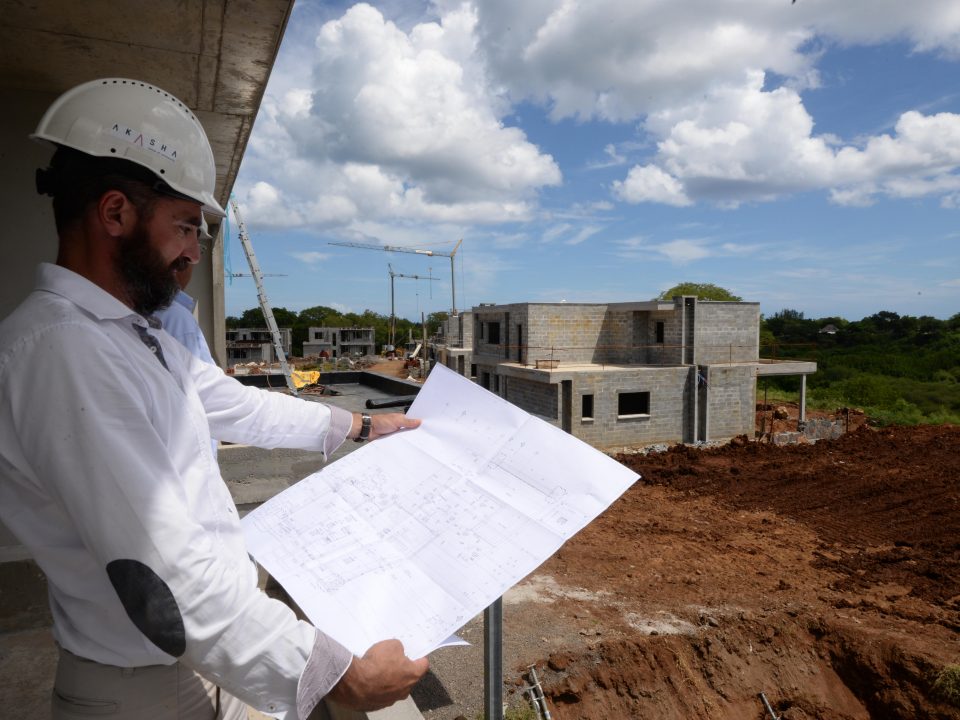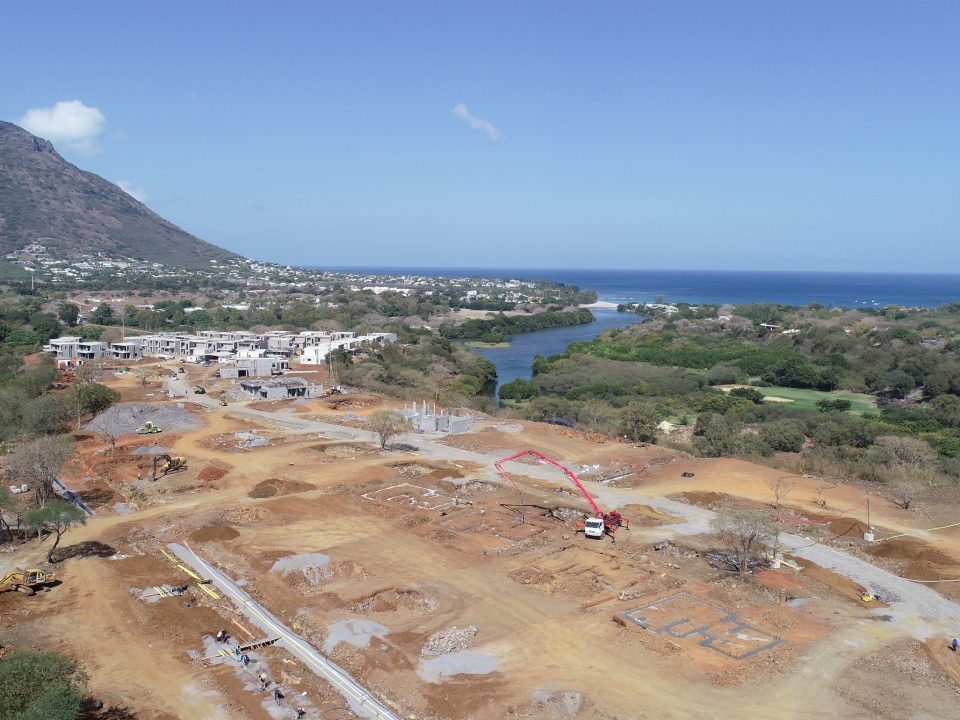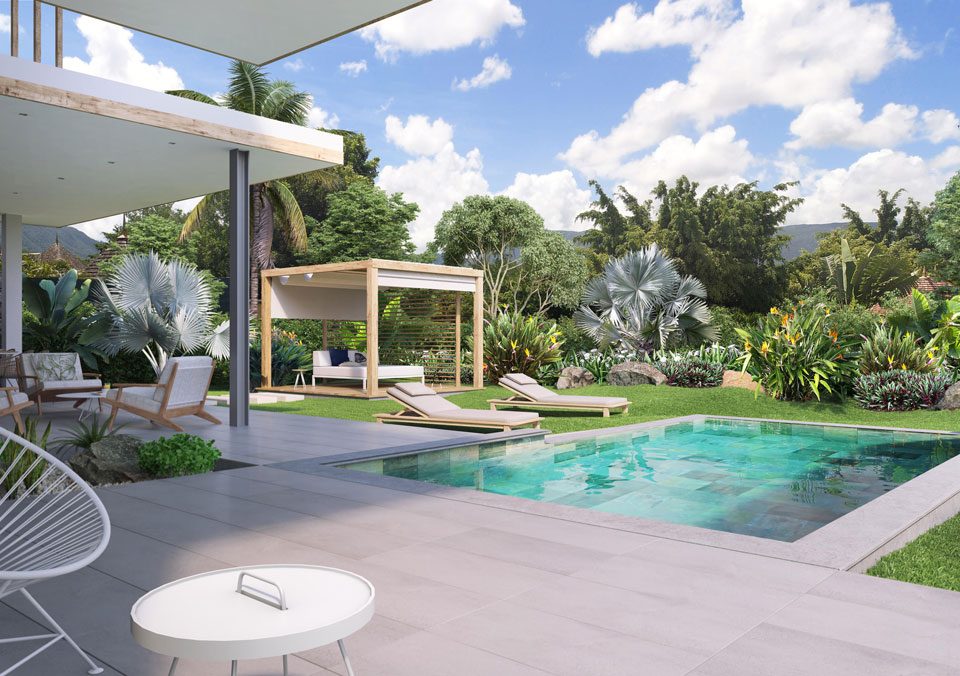Invest in real estate in Mauritius

Retiring in Mauritius
22 April 2018
Progress of Akasha the construction site
27 May 2018The Mauritian authorities have allowed foreigners via the Integrated Resort Scheme (IRS) in 2002, the Real Estate Scheme (RES) in 2007 and the Integrated Hotel Scheme in 2009 to acquire a freehold property on the island. Since June 2015, the recasting of these devices into a single Property Development Scheme (PDS) has taken place.
Harmonization of regulations and registration fees
The PDS regulation formally replaces the IRS and the RES, two legal frameworks that were distinguished primarily by the size of the complex and the minimum sale price since June 18, 2015. This implies that all transactions properties certified before that date by the Mauritius Economic Development Board http://www.edbmauritius.org (formerly Board of Investment), but in the process of being completed or completed, retain the names of IRS and RES. Among its key points, the PDS https://www.investmauritius.com/schemes/pds.aspx does not impose a minimum price for the purchase of a property, but automatically gives the right to a residence permit without limit of duration if this price is set at least US $ 500,000. It also harmonizes the registration fee to 5% of the value of the property instead of US $ 70,000 for an acquisition in IRS and US $ 25,000 for one associated with RES. Important novelty, the device provides a guarantee damage book, i.e. the obligation for the promoters to contract vis-à-vis the buyers an insurance of ten years carried on the structural, and two years, for the non-structural. Ecology is erected as an important aspect to consider when developing residences under this regime. Integration of solar panels, infrastructures privileging good ventilation and luminosity, abundance of green spaces, water recovery, creation of hubs, with restaurants, shops and services that are accessible from the outside, are part of the obligations to obtain the authorizations to build real estate complexes. In addition, the PDS makes the obligation to reserve 25% of its buildings to the Mauritian citizens. Who says global integration, also says social integration, because on every lot sold, the PDS provides the retrocession by the promoter of a sum of Rs 200 000 (5000 euros) to feed the PDS special Fund, created for economic development of the region hosting the real estate project.
A new way to acquire with the R + 2 since December 20, 2016
Beyond the PDS, the Mauritian authorities have decided to open the real estate market a little more to foreigners by an amendment to the law adopted on December 20, 2016. From now on, any foreigner, with or without “Occupation Permit (for the one who works in Mauritius), “Residence Permit” (for the one who lives there without working as a retiree) or “Permanent Residence” (for a period of 10 years to live, to work in Mauritius and obtained under certain conditions) may purchase one or more properties in a condominium of at least two storeys (R + 2), after the prior approval of the Economic Development Board Mauritius. The only condition to claim, the amount of the acquisition must not be less than 6 million rupees (about 150 000 €). These apartments with private terraces almost always offering a sea view, or at least the pool, do not have the obligation as the PDS, to be located on 1 acre minimum (4220 m2). And to reassure buyers, most promoters offer their product in GFA (future guarantee of completion) www.caterpal.mu/programmes-immobiliers-neufs/garantie-construction.php as for the goods to be acquired in PDS.
Tax residence issued on the purchase of a property of a minimum of US $ 500,000
Repeating the provisions of the IRS, if a foreigner invests more than $ 500,000 (or the equivalent in another foreign currency) in a villa under the PDS scheme, then he is eligible for a residence permit with no term limit, which gives it in fact, the right to domiciliary tax in Mauritius, provided to reside more than 183 days a year in the territory of Mauritius. Under a tax treaty between Mauritius and France, an owner has the opportunity to extract his property in the calculation of the ISF (Tax on wealth), to escape the tax in case of added value and not be subject to inheritance tax, which does not exist in Mauritius. Otherwise, if the deceased or his heirs are taxed in France, the French inheritance tax system will apply. The residence permit given to the purchaser is valid for his “dependents”, wife, or civil partner (pacsé), as well as for children under 24 years. To the extent that it is directly associated with the acquired property, in the case of the resale of the latter, (ex) owner and dependents immediately lose the status of tax resident.


